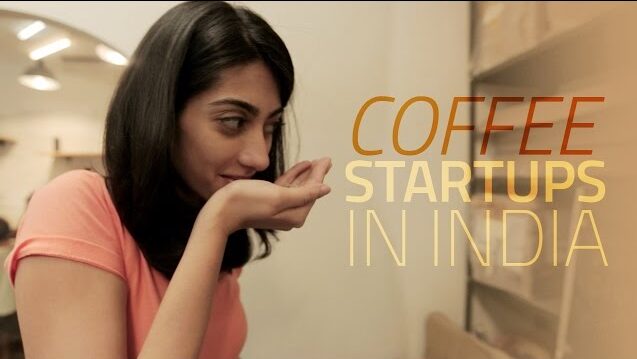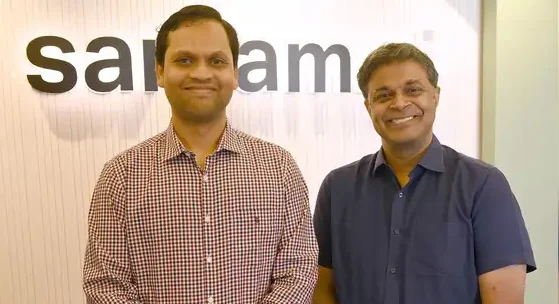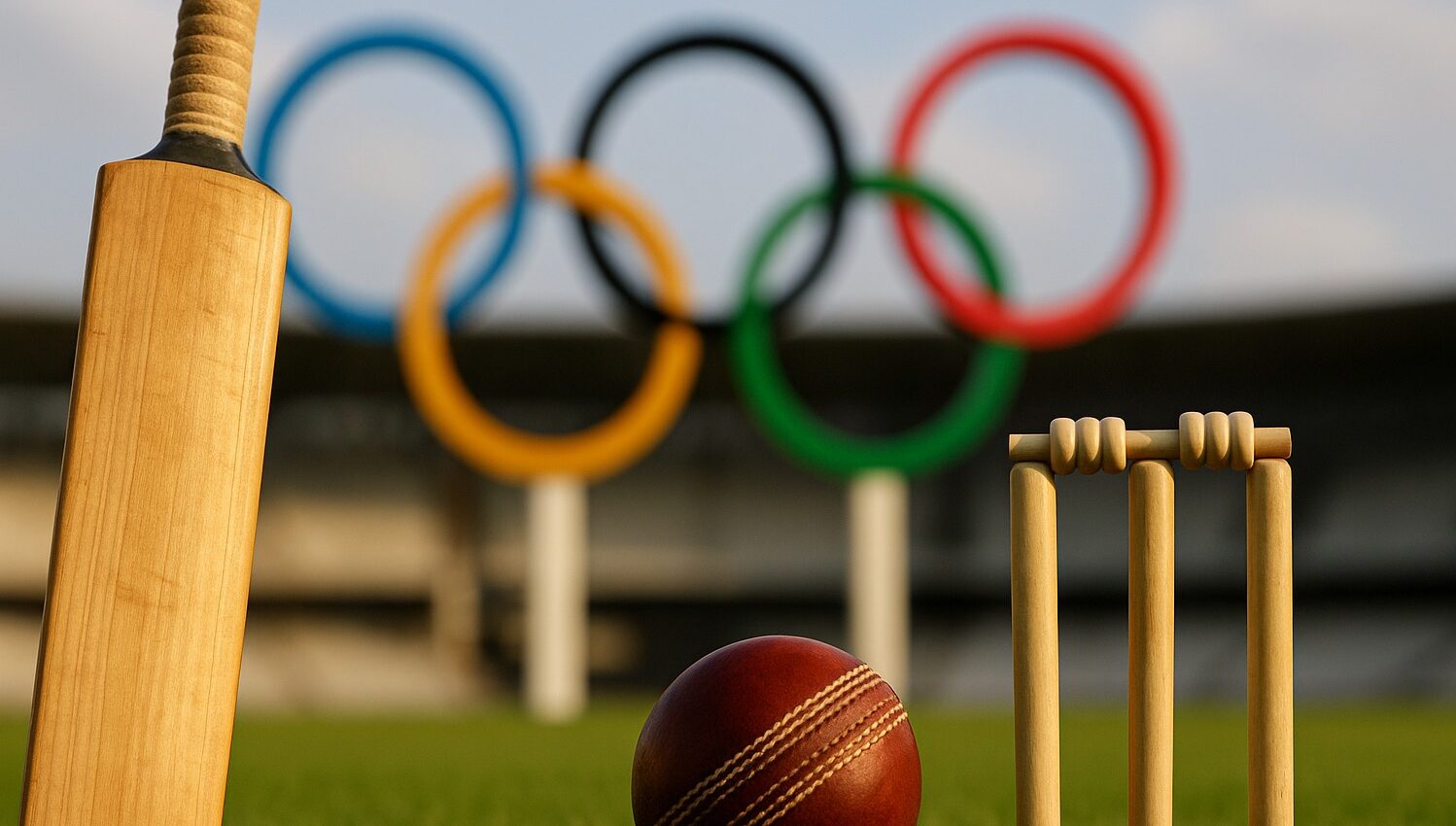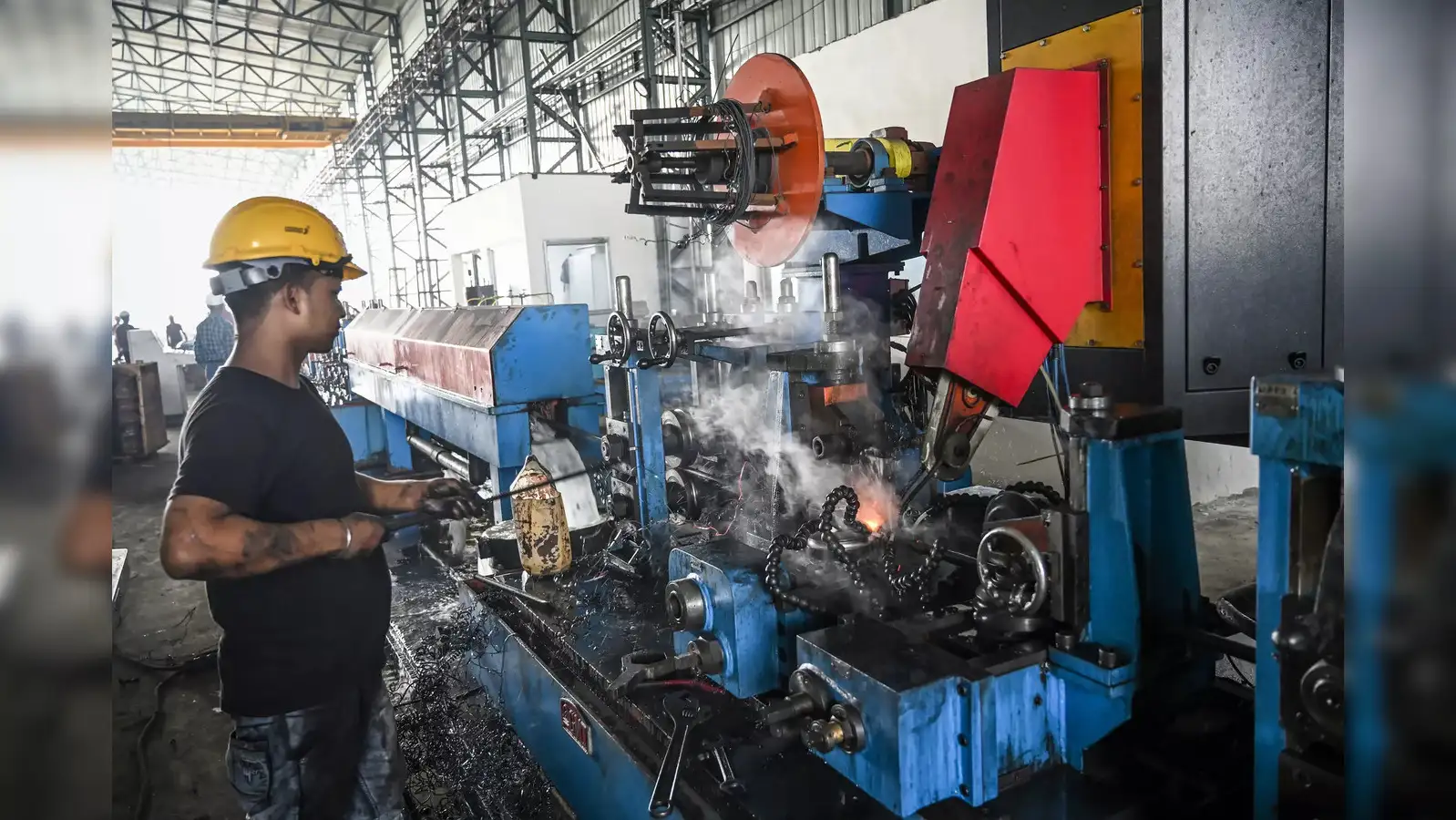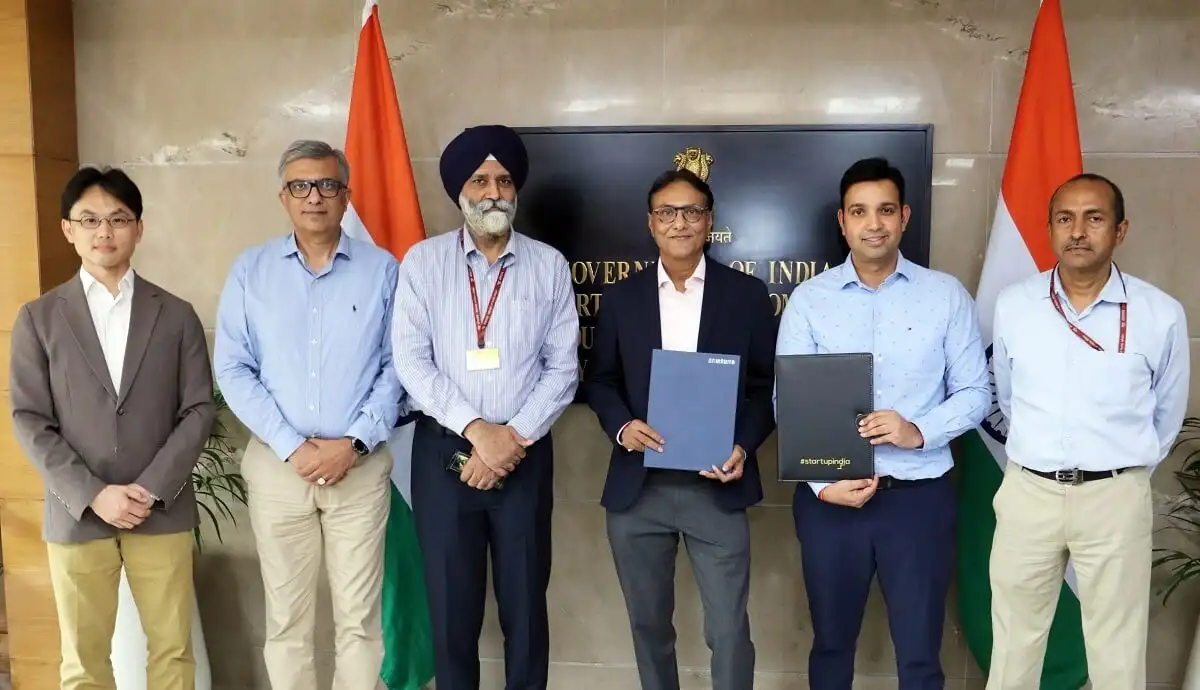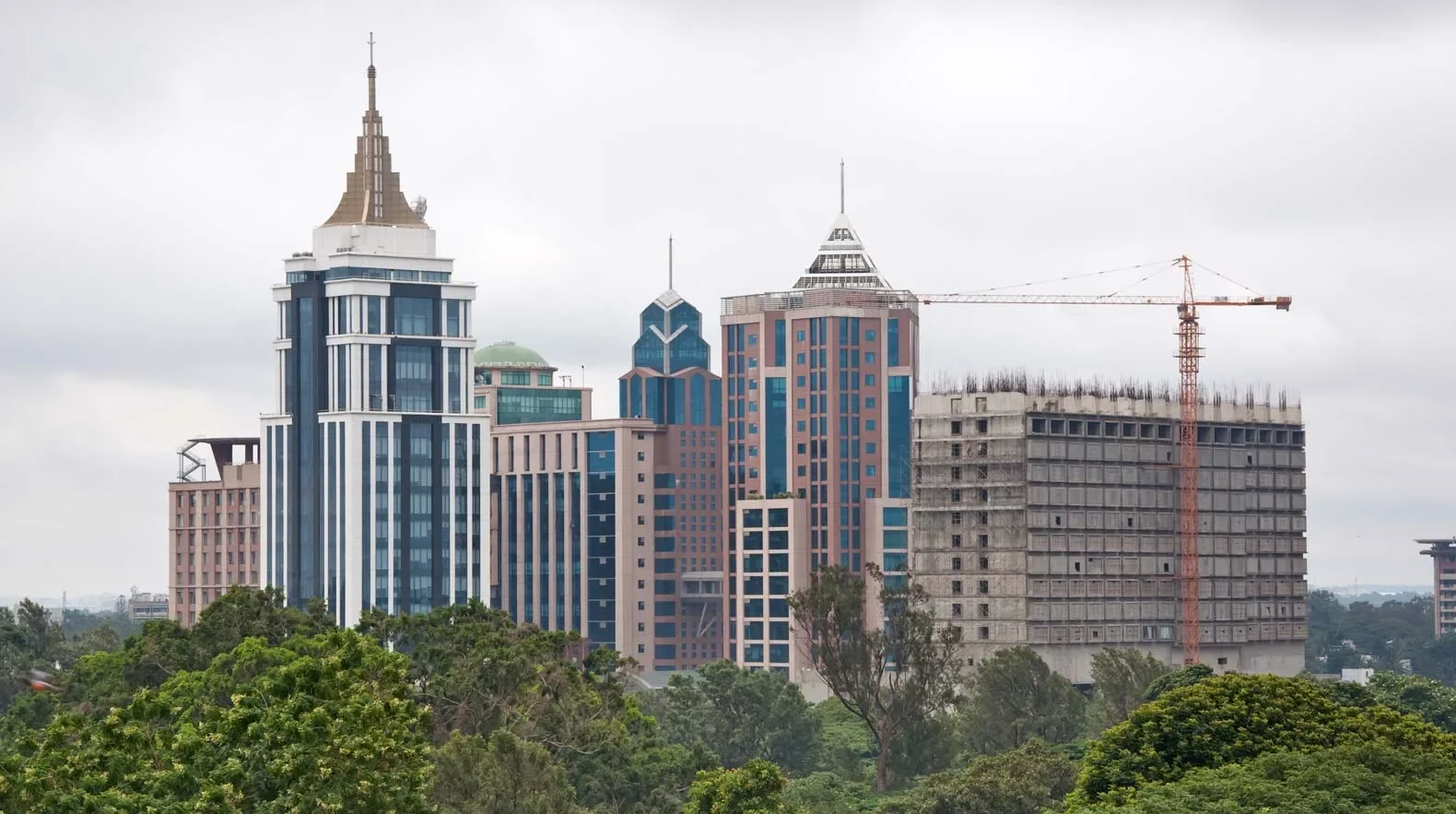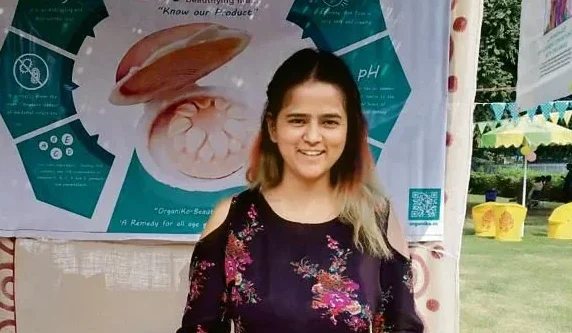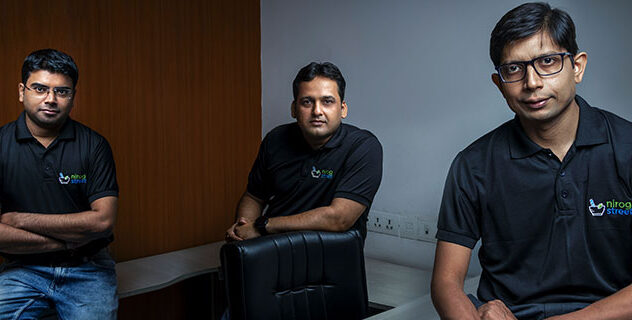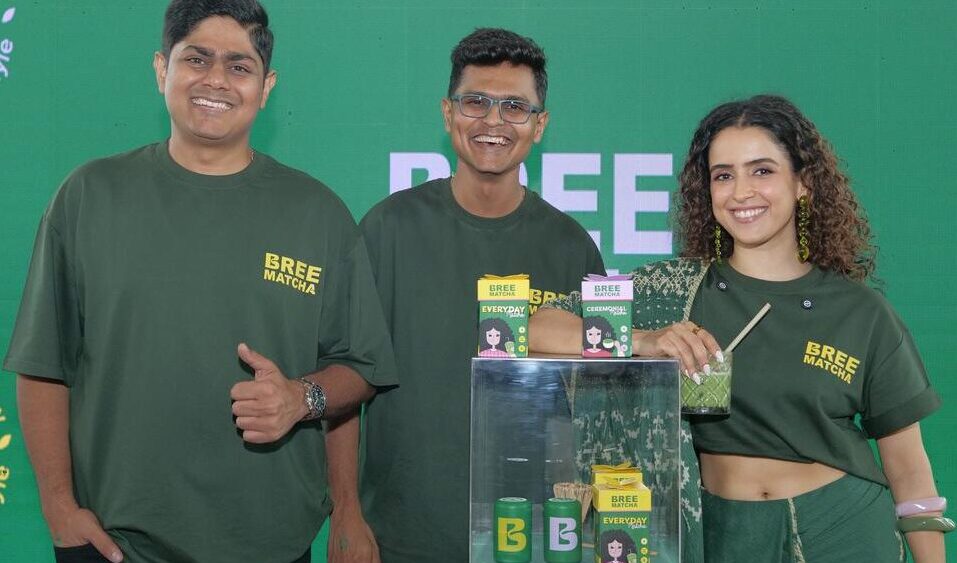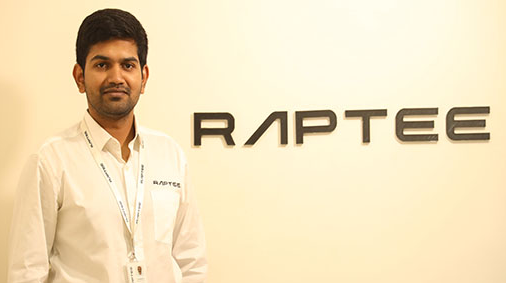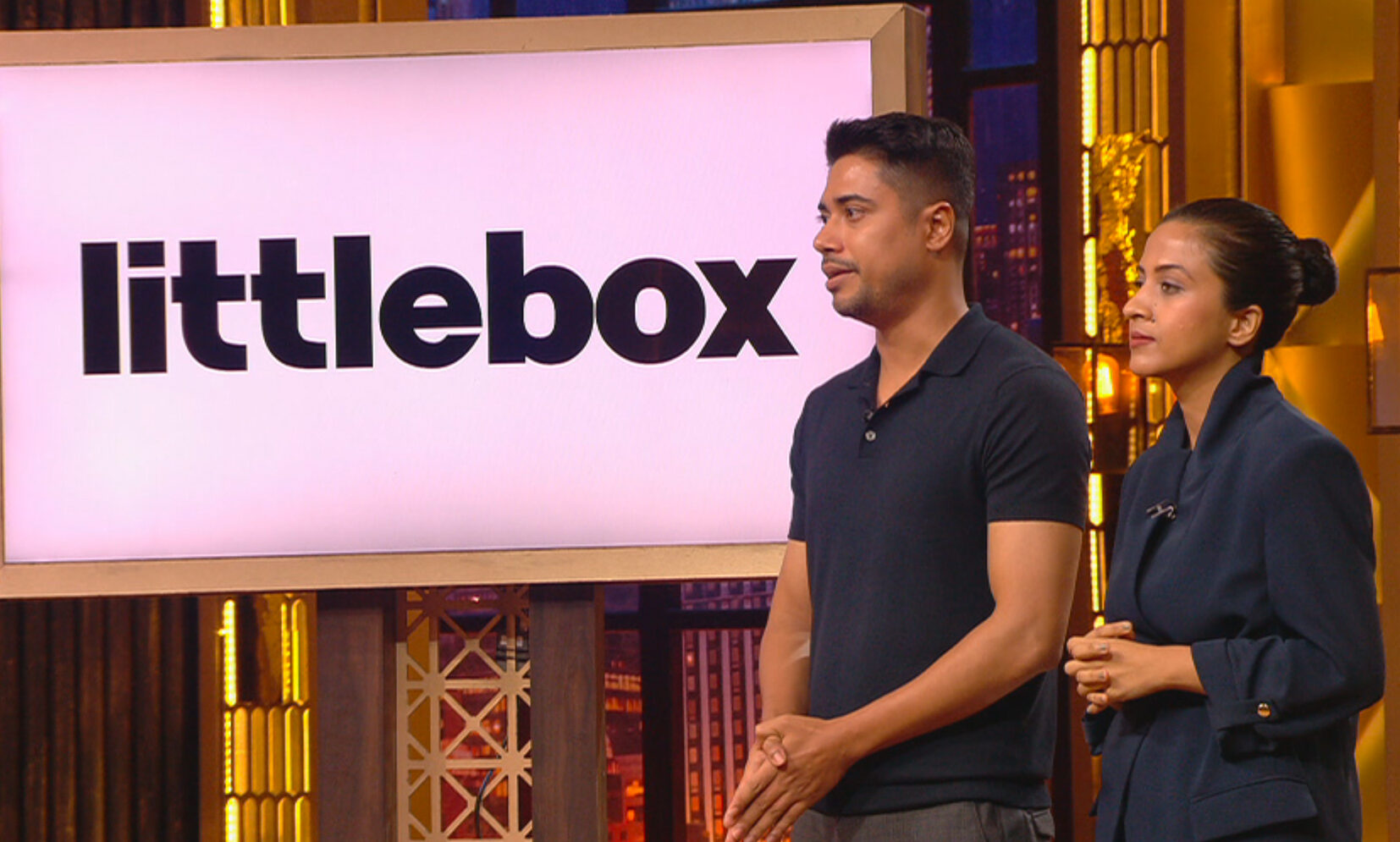India’s coffee culture has undergone a dramatic transformation in the past few years. There were times when coffee was overshadowed by tea, but now it has become a symbol of lifestyle, innovation and hobby, all thanks to a new generation of homegrown startups. These brands are not only winning over Indian consumers but are also giving established giants like Nestlé (Nescafé) and Hindustan Unilever (Bru) a run for their money.
Market Growth and Startup Momentum
The Indian coffee market is booming, homegrown brands like Blue Tokai, Third Wave Coffee, Sleepy Owl, and Nothing Before Coffee are expanding rapidly. BlueTokai recently opened its 100th café, and abCoffee is targeting 150 outlets by year-end.
The market is said to grow at a rate of 10% annually—over three times the global average. By 2025 end, it’s expected to surpass $2 billion in value!
How Startups Are Winning Over the Audience
- Premiumization and Experience: New generation coffee startups are focusing on specialty, single-origin, and artisanal coffees, appealing to a new generation of consumers who seek quality and unique experiences.
- Innovation and Technology: From cold brews to coffee capsules and AI-driven consumer analysis, startups are using tech to elevate customer and product experience.
Startups are also focusing on increasing accessibility for specialty and artisanal coffees through technology and creativity. Blue Tokai’s Channi Brew, is specifically designed to make specialty, single-origin coffee accessible to Indian consumers who may not have brewing equipment at home. It allows users to brew high-quality, artisanal coffee using just a cup and a strainer (“channi”).
- Sustainability and Ethical Sourcing: Many startups are building their identities around ethical sourcing, transparent supply chains, and eco-friendly practices, resonating with socially conscious consumers.
- Expansion Beyond Metros: While the initial coffee boom was urban-centric, startups are now targeting tier-2 and tier-3 cities, tapping into a vast, underserved market.
Competing with Giants: Nestlé and Bru
- Speed and Agility: Startups move faster in launching new products, adopting trends (like cold brew and specialty blends), and responding to consumer feedback.
- Local Relevance: They tailor offerings to Indian tastes—South Indian filter coffee, for example, has gained global recognition, and startups are capitalizing on this trend.
- Brand Storytelling: Startups craft compelling narratives around origin, quality, and experience, differentiating themselves from the mass-market, instant coffee focus of giants like Nescafé and Bru.
- Direct-to-Consumer (D2C) Channels: Many startups have robust online sales and subscription models, reaching consumers directly and building loyal communities.
The Giants’ Response
- Nestlé and Bru are not standing still. Both have ramped up their premium offerings, invested in digital marketing, and expanded their product lines to include specialty and ready-to-drink coffees. However, their scale and legacy systems make rapid innovation and local customization more challenging.
- Global brands are also entering the scene; Coffee Island and others are setting up shop in India, intensifying competition for both startups and legacy players.
What’s Next?
India’s coffee revolution is just getting started. With rising disposable incomes, a billion-strong middle class on the horizon, and a youth-driven culture of experimentation, coffee startups are poised to keep growing—both at home and abroad. The giants will continue to adapt, but the agility, innovation, and cultural relevance of Indian startups are setting new standards for what coffee can mean in modern India.
“Earlier, international brands were the ones capitalizing on opportunities in India. But now, Indian startups are competing neck to neck (if not better) in all emerging spaces.”
ALSO READ : FirstClub Launches in Bengaluru: India’s First Clean-Label Grocery Platform Goes Live









